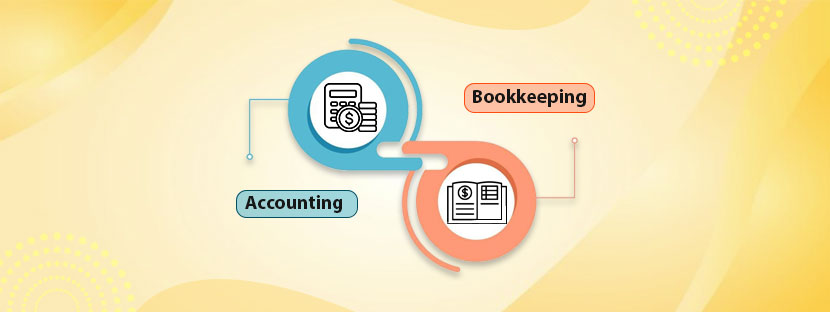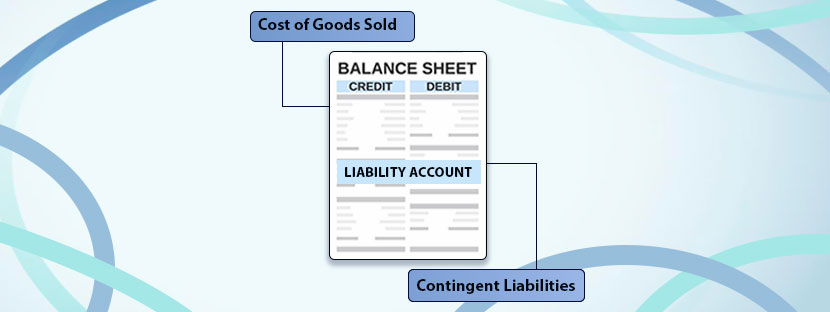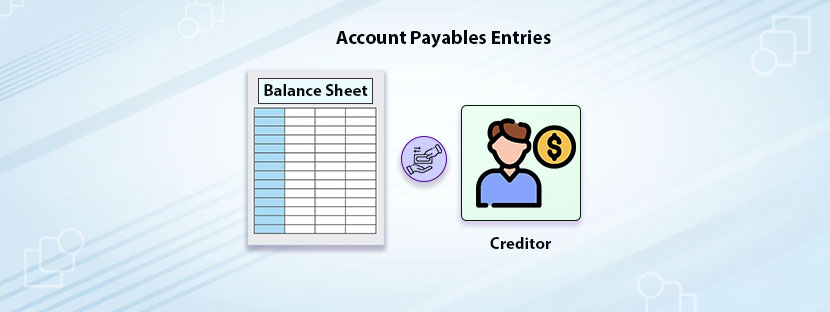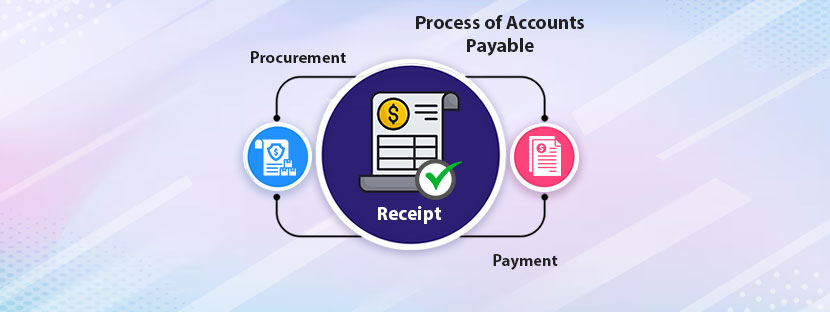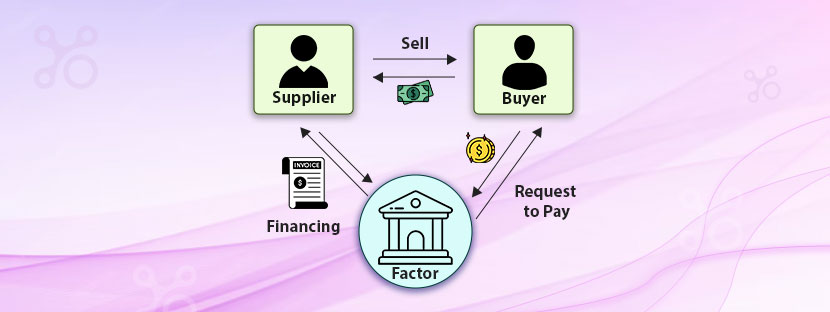Do you think bookkeeping and accounting same?
If so, you can find really some good insights that will blow your mind.
Ready? Here you go..
Bookkeeping and accounting are not the same. Some fundamental differences between bookkeeping and accounting exist, that you must know. Small business owners who have little knowledge of financial management (of course, not their fault) often confuse between the two.
Bookkeeping and accounting both have distinct disciples but they are interrelated. Bookkeeping records day-to-day transactions while accounting takes up complex tasks like preparing financial statements, etc. Well, well, the distinction between bookkeeping and accounting is far more wide.
Do you want to listen to it more?
Let’s begin the case!
What is Bookkeeping?
Bookkeeping is a regular process of maintaining accounting records in the books. It involves recording regular financial transactions of the organizations. From receiving any receipt to paying out vendors, a bookkeeper tracks each financial record with perfect measures. It’s the initial process where the actual financial management starts. Basically, a bookkeeper organizes raw financial data and helps accounts to proceed with further work.
Types of Bookkeeping
Bookkeepers follow accounting principles throughout while recording regular transactions. Either they follow the single-entry system or the double-entry system. However, bookkeepers across the globe are now using software to perform the bookkeeping tasks. So, there are two ways in which bookkeepers perform their tasks;
Computerized Bookkeeping
Bookkeepers use software and digital tools to enter financial records into the database. They do the same way as they used to do earlier in traditional paper-based accounting models. It includes recording financial transactions in ledgers, organizing financial data, and processing invoices, bills, and other documents. Everything they processed via software and other digital accounting solutions.
Virtual Bookkeeping
Bookkeepers on remote set-up perform bookkeeping tasks using cloud-based software. They can perform any accounting tasks remotely. A virtual bookkeeper performs all tasks from recording transactions to preparing financial reports, everything.
Responsibilities of a Bookkeeper
What is Accounting?
Accounting is the process of recording, analyzing, and reporting a business’s financial transactions. It’s also known as accountancy. It helps a business in the short and long-term decision-making and also conveys the credibility of a company to the market.
Accounting is also known as the language of business. The purpose of accounting is to provide a clear view of financial statements to its users, which includes investors, creditors, employees, and the government.
Types of Accounting
There are several types of accounting, including financial, managerial, cost, forensic, auditing, governmental, and public accounting. Each type of accounting has different goals and uses.
I. Financial Accounting
The most general type of accounting that creates financial statements to show a company’s performance. It is used by external stakeholders to make decisions about the company.
II. Managerial Accounting
Uses data similar to financial accounting to help management make decisions. It includes budgeting, planning, forecasting, and financial analysis.
III. Cost Accounting
A subcategory of management accounting that focuses on a company’s costs. Basically, it gets used internally to reduce costs and increase profit margins.
IV. Governmental Accounting
Manages and records the financial activities of government entities. It ensures transparency and accountability in how public funds are spent.
V. Public Accounting
Provides accounting advice to clients based on their needs. Plus, this type of accounting process can include auditing, tax returns, and legal advice.
VI. Forensic Accounting
Investigates financial information for evidence of crimes auditing. This accounting process analyzes a company’s financial activities to ensure they follow acceptable rules and standards.
Responsibilities of an Accountant
Accountants are responsible for collecting, analyzing, recording, and reporting a company’s financial data. They also help businesses make financial decisions. Analysis Analyze financial data, Perform cost and general ledger analysis, and Examine financial discrepancies. Auditing Perform tax audits, Audit financial documents and procedures, and Ensure compliance with accounting standards and regulations.
Further, budgeting Assist with budgets and financial forecasting and Manage budgets and cash flows. Reporting Report on business performance and Report findings to management.
Key difference between bookkeeping and accounting
| POV | Accounting | Bookkeeping |
|---|---|---|
| Basic Definition | It’s a process of interpreting and summarizing the accounting data of an organization. | It’s a process of identifying and recording each financial element of an organization. |
| Role in preparing financial statements | The ultimate goal of accounting is to prepare the financial statements at the end of each financial year. | Bookkeeping focuses more on recording financial data not on preparing annual reports. |
| Requirements in financial analysis | Accounting helps decision-makers to make solid business decisions. It provides creative insights into the business’s position. | Bookkeeping aids in financial analysis but indirectly. It does not have any direct involvement in financial analysis. |
| Person Involved | Only the concerned people who have a degree in accountancy can perform accounting tasks. | People with having commerce background can perform bookkeeping. There’s no rule defined for bookkeeper’s qualifications. |
| Reveal Financial Position | It provides a detailed picture of the financial position that an organization holds at the end of each financial year. | Bookkeeping does not reveal the financial position of an organization at a point in time. It’s just a record entry process. |
Let’s conclude
Even though newbie business owners often take bookkeeping and accounting terms interchangeably. However, there is a huge difference between bookkeeping and accounting exists. Each concept represents a unique but blended discipline and is professionally applied individually. In often cases, bookkeeping helps accountants to prepare all financial compliances at the end of the financial year. You can outsource bookkeeping services for small businesses to document your financial records professionally without costing heavily. This will ensure the accuracy of all your accounting records and help you make better financial decisions.

